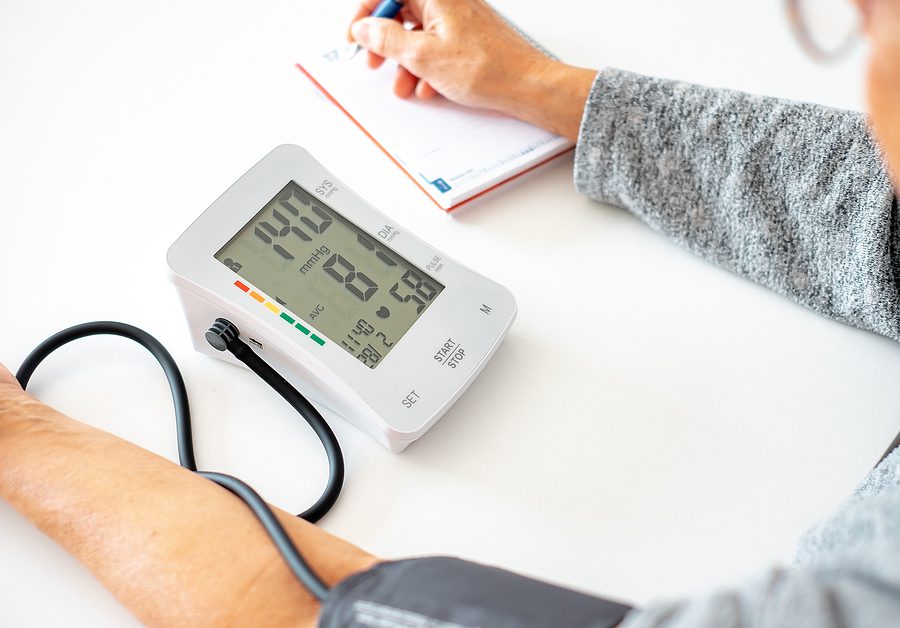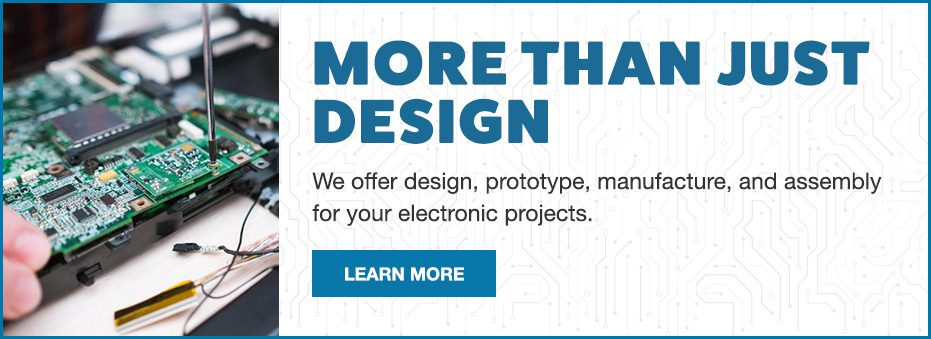Your Medical Device Manufacturer can Help Keep Your Medical Device Within Proper Regulations
The medical device industry is highly regulated, and for good reason. Regulations exist to protect people by ensuring the safety and efficacy of the product. Obviously, medical device companies want to produce medical devices that are safe and effective, but they don’t always know how to handle the complexities of regulatory requirements. Even seasoned medical device professionals find it challenging to decipher which of the many regulations their upcoming device is subject to, but an experienced medical device manufacturer can help you keep your device within the proper regulations.

Meeting the government’s regulatory requirements isn’t something you can skimp on, as the FDA and other governing bodies won’t approve your medical device until all necessary requirements have been met. Adhering to regulatory guidelines often influences the overall design of your device. They will affect how you test your device and document activities.
If you aren’t aware of the regulatory requirements of your project at onset, you could jeopardize your entire project. If you don’t get it right on the first attempt, the result is wasted time and money. It’s essential to note that your product’s initial approval and launch are only the first steps in the regulatory compliance process. Over the course of your medical device’s lifespan, you must remain current with all regulatory compliance expectations.
Therefore, it’s essential to have a thorough understanding of the main factors that determine which regulatory requirements your product may be subjected to early in the planning process.
Your Device’s Classification
The FDA places medical devices into three classes based on the medical device’s risk level. Class I medical devices, such as bandages and braces carry the least amount of risk to patients, resulting in fewer regulations. Class II, which represents a slightly higher risk level, represents most medical devices, like prosthetics and diabetes infusion pumps. Class III devices have the most requirements, such as pacemakers and artificial hearts. They are subject to the highest degree of scrutiny in terms of regulations, which makes sense given their intended purpose and function.
Where You Plan to Go to Market
The regulations your medical device is subject to depend on where you plan to sell your device. If you plan on selling your device in the United States, then the FDA is the main governing body. If you plan to go to market in Europe, the Middle East, Africa, or Asia, you’ll need to comply with the International Organization for Standardization (ISO).

Your Device’s Components
Is your device electrically wired? Does it contain batteries? How about LEDs, lasers, or software? Are any of the components in your device disposable? Your medical device’s physical attributes and components may spark component-specific regulatory standards.
Your Device’s Interaction With the Human Body
The specific way your device interacts with the human body may determine which regulations you must adhere to. For example, a device that touches a person’s skin is typically less risky than a device implanted in a patient’s body.
Your Device’s Environment
You may be subject to regulations depending on where your device will be used. For example, devices intended for hospital use are treated differently than devices intended for home use. Other aspects of your devices’ intended environment, like whether your device will be exposed to water may play a role too.
Are You Looking for a Medical Device Manufacturer?
Levison Enterprises is ISO 13485 certified by NSF-ISR and an FDA Registered Manufacturer with the experience and capabilities needed to take you from medical device concept to market-ready product. You need a partner who is experienced in medical electronic engineering to minimize risk, reduce time to market, and maximize the chance of successful FDA approval in a cost-effective way. Levison Enterprises is the medical device manufacturing partner you can trust to help bring your medical device to market. Contact us today to learn more.
Start Your Quote Now!